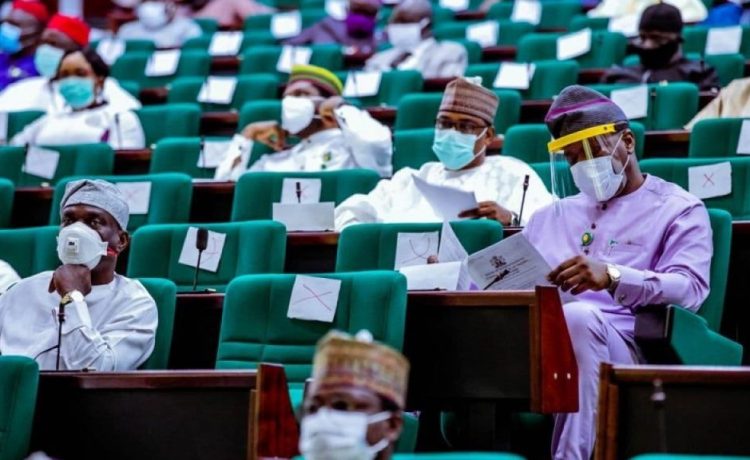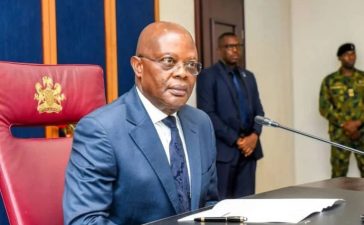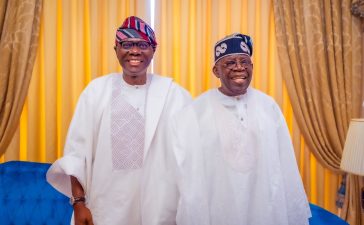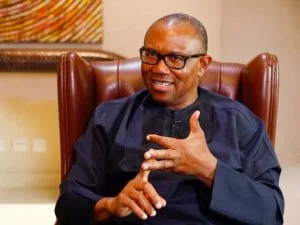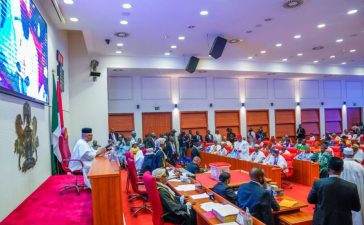The House of Representatives in Nigeria has taken a decisive step towards replacing the current presidential system of government with a parliamentary model. The legislative body introduced three bills aimed at amending the 1999 Constitution of the Federal Republic of Nigeria to facilitate the transition from a presidential to a parliamentary system at all levels – federal, state, and local government.
The bills, titled “Constitution of the Federal Republic of Nigeria, 1999 (Alteration) Bill, 2024,” with reference numbers HB.1115, HB.1116, and HB.1117, were sponsored by the Minority Leader, Hon. Kingsley Chinda, along with 59 other lawmakers. The bills successfully passed their first reading at the plenary session held recently.
The proposed legislation seeks to replace the current presidential system by introducing a prime minister who would serve as the head of government. Additionally, it aims to redefine the role of the president to that of a ceremonial leader, with elective offices chosen from elected members of the legislature.
One of the key objectives of the proposed changes is to alter the process of electing governors and chairpersons of local governments. Instead of a general election, the bills propose a shift to voting within their respective legislative bodies. This move is intended to streamline bureaucratic processes and foster closer collaboration between the executive and legislative branches of government.
Speaking on behalf of the sponsors, Hon. Abdussamad Dasuki (PDP, Sokoto), the spokesperson emphasized that if the proposed alterations are passed into law, they will significantly impact the national political landscape. The changes are expected to bring about a fundamental transformation in the governance structure, promoting a more collaborative and efficient government system.
As the bills progress through the legislative process, the nation awaits further deliberations and discussions on the potential implications and benefits of transitioning to a parliamentary system. The move signifies a broader conversation on political reform and governance in Nigeria.

